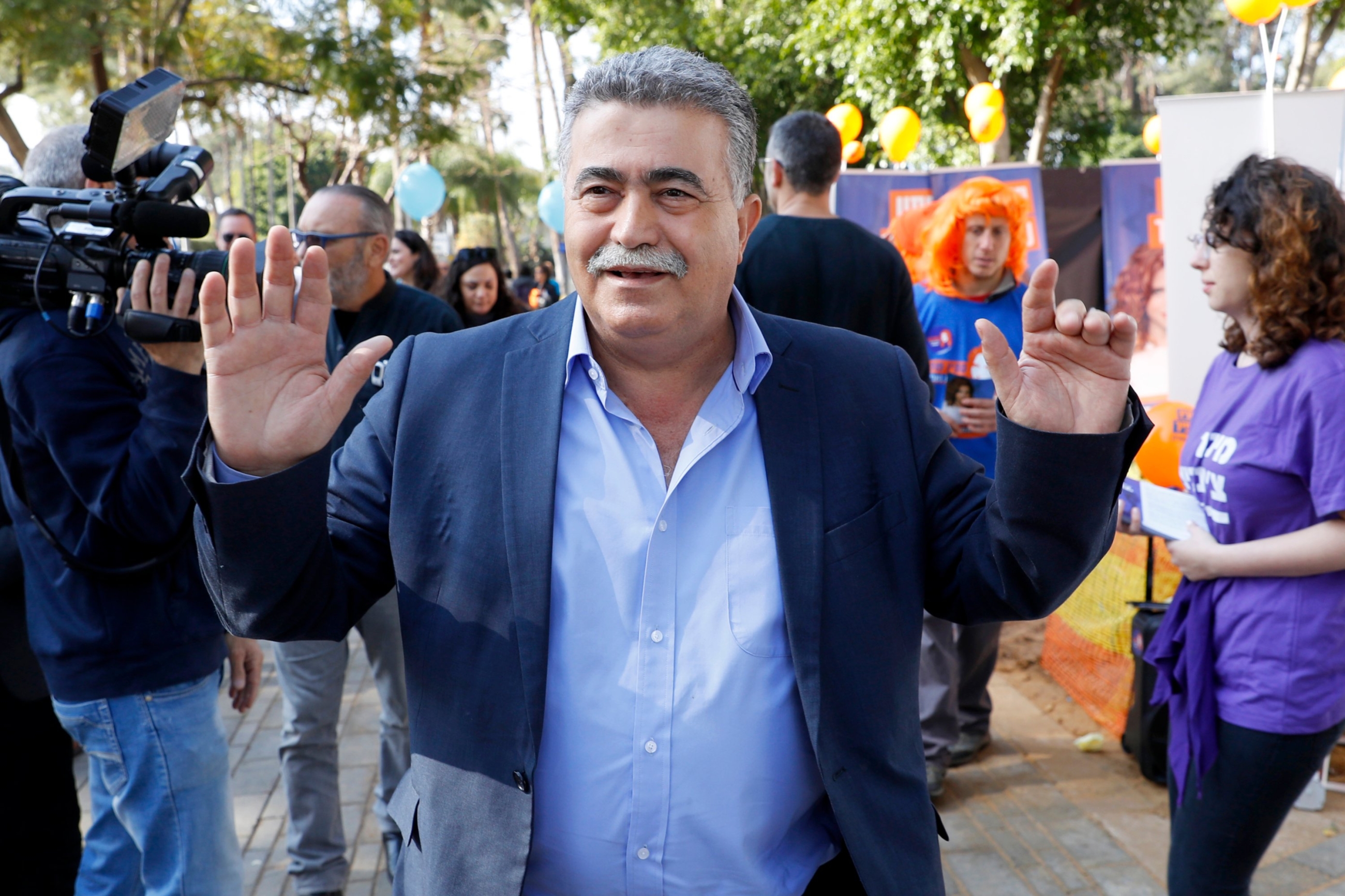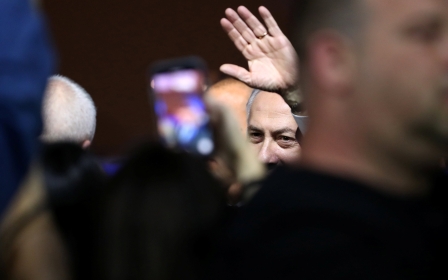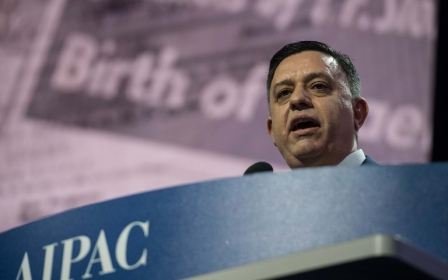Veteran politician Amir Peretz named leader of Israel's Labor party

Israel's opposition Labor party on Tuesday elected veteran politician and trade unionist Amir Peretz as its leader, in an attempt to revive its fortunes after a humiliating showing in April's general election.
Labor, which dominated Israeli politics in the decades after the country's 1948 founding, won only six of the 120 seats in Israel's parliament, the Knesset, in the 9 April vote - a far cry from the party’s high point of 55 seats in 1965.
Peretz, 67, won 47 percent of the party members' vote in Labor's primary, with his closest challenger Stav Shaffir, 34, picking up just 27 percent.
The new leader replaces Avi Gabbay, 52, a former businessman and environment minister who stepped down as party leader last month to take responsibility for Labor's defeat at the polls.
Gabbay had defeated Peretz for the leadership in a 2017 primary.
New MEE newsletter: Jerusalem Dispatch
Sign up to get the latest insights and analysis on Israel-Palestine, alongside Turkey Unpacked and other MEE newsletters
A former head of Israel's Histadrut trade union confederation, Peretz has served as a lawmaker for most of the past three decades. He already served as Labor leader between 2005 and 2007, when he led the party into government as a junior partner to the centrist Kadima party of Prime Minister Ehud Olmert.
In government, he served as deputy prime minister and as defence minister during Israel's 2006 war in Lebanon, before being toppled as party leader by former prime minister Ehud Barak the following year.
Peretz now faces the challenge of winning back disenchanted left-of-centre voters when Israel returns to the polls for another general election on 17 September.
The Knesset voted in May to call for a new election, after Prime Minister Benjamin Netanyahu failed to turn his alliance of right-wing and religious parties into a majority coalition.
Israeli politics has seen a further shift rightward in recent years, particularly since Netanyahu became premier for a second time in 2009.
Middle East Eye delivers independent and unrivalled coverage and analysis of the Middle East, North Africa and beyond. To learn more about republishing this content and the associated fees, please fill out this form. More about MEE can be found here.





